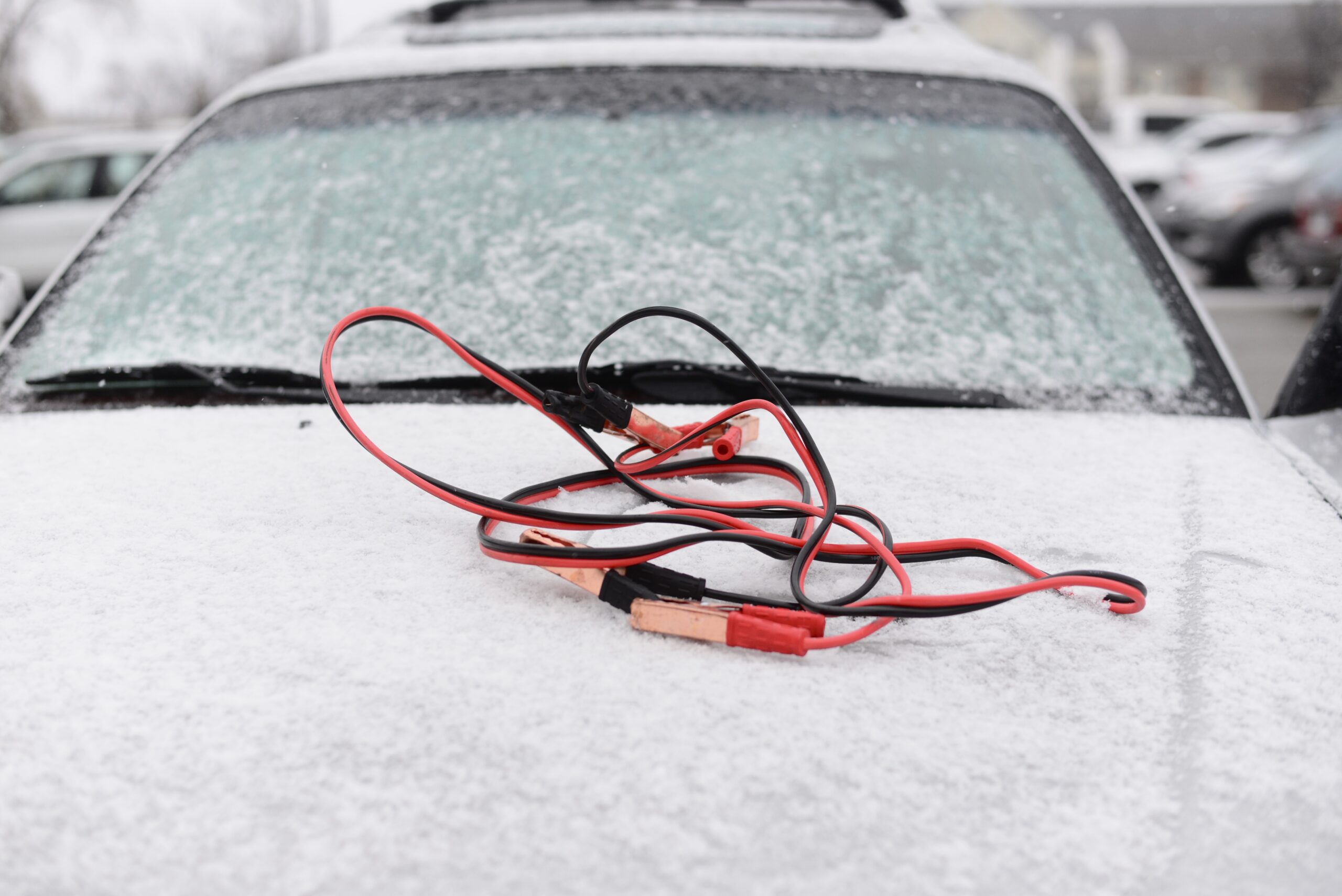
How many people have you seen jumping their car this winter?
Preparing yourself and your vehicle for freezing temperatures
Spring may be just around the corner, but the frigid weather of February has proven itself to be a threat, even in its last available days. In my experience, I lost a new vehicle’s engine due to the deathly cold weather by driving it, knowing that it was having low oil pressure problems. Repeating this mistake for several days caused the engine to not function properly.
Though it can still drive short distances, my Jeep is no longer reliable for driving and will have to have its current engine replaced. I will discuss how my situation could have been avoided, and how the loss of your vehicle may be prevented due to a few simple actions and an adequate amount of common sense.
The reason my 2004 Grand Cherokee Jeep, which I had purchased only a month ago, was killed, was due to the fact I saw that it had a low oil pressure that would not rise and drove it anyway. The oil in the vehicle is like blood in the human body, and the vehicle’s engine like that of a human heart; with no circulation of fluid through the car and human motors, there can be no life.
This could have been avoided if I had plugged an extension cord into my vehicle every night when the weather grew colder. This power of electricity in the battery would have kept the oil warm, or at least more soluble for circulation. But the lack of oil promulgation in the vehicle may not be the only problem that led to my vehicle’s downfall and may lead to yours and I will discuss these little but vital opportunities of vehicular destruction.
The battery needs to be charged and kept securely fit into its place by the engine. Should its wires come loose or should the battery not be charged it may not turn the engine over.
Your antifreeze should be checked as well. Should it age and turn dark brown, it runs the risk of becoming acidic. Aged antifreeze may eat away the insides of the engine should it not be kept relatively in check.
Your Mass Airflow Sensor (MAF) should also be checked every now and again. The MAF sensor detects air volume as it enters the car’s engine by heating up a thin wire called a resistor. This is small but useful for the engine and used every day, especially when the heater is turned on more than usual. Only use “Mass Airflow Sensor Cleaner” to spray/clean the small mechanism as any other “cleaner” runs the risk of melting and warping the plastic that makes it up.
The light at the end of the tunnel that is this winter can be seen but be careful how you run your transports. Should you grow careless, you can lose thousands of dollars, or become stranded in this frigid weather. Stay safe during this winter as it still can be dangerous even in its last days.
